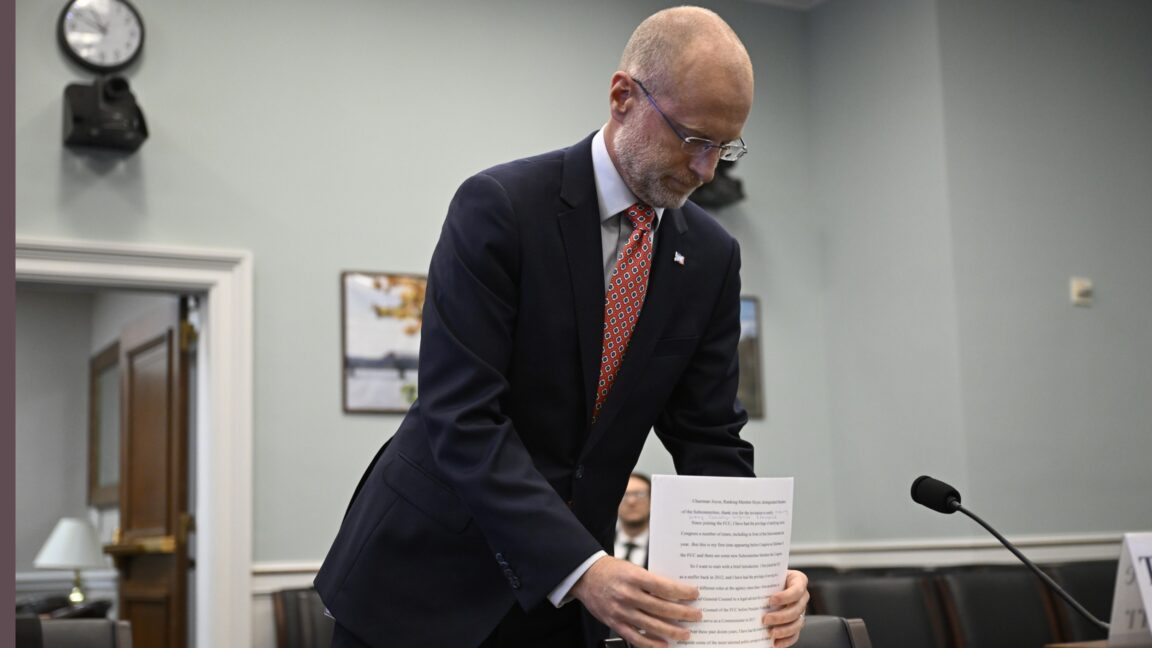The rule took effect in April 2024 after the FCC rejected ISPs’ complaints that listing every fee they created would be too difficult. The rule applies specifically to recurring monthly fees “that providers impose at their discretion, i.e., charges not mandated by a government.”
ISPs could comply with the rule either by listing the fees or by dropping the fees altogether and, if they choose, raising their overall prices by a corresponding amount. But the latter option wouldn’t fit with the strategy of enticing customers with a low advertised price and hitting them with the real price on their monthly bills. The broadband price label rules were created to stop ISPs from advertising misleadingly low prices.



Can confirm that’s by design, AT&T employs the exact same strategy with their business customers and forcing them into “All-for-less” bundle package.
Need a POTS line? $95 + taxes and fees per month, local service only, call features extra.
But get a POTS line and a $15 a month 250mb data plan on a tablet? Suddenly the POTS lime is $30 including long distance and all call features you normally take for granted included (call waiting, call forwarding, etc).
Of course, that price is guaranteed for a year and you’ll have to call billing (sales) to get it sorted out again.
We’ve let ISP’s get away with murder in the U.S.
In my area, once T-Mobile became a viable option as a home ISP, Spectrum freaked the fuck out and went nuts chasing people down at the grocery stores and telling people T-Mobile is bad. Spectrum was the only option in town for a very long time, so they got very expensive, and now T-Mobile is offering 5 times the speed for half the price. It’s insane. Yeah, T-Mobile isn’t perfect, but it’s nice to finally have some competition.